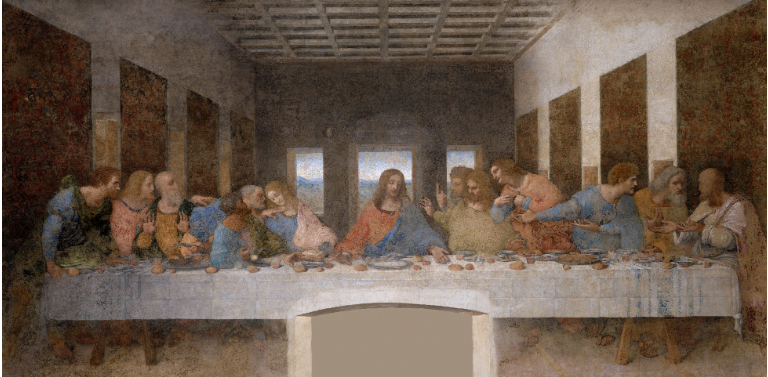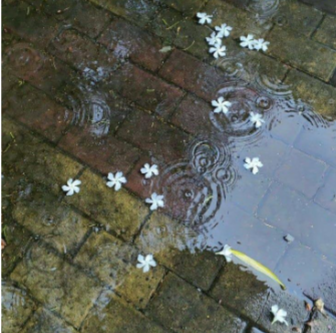The Fire That Knows Where to Go
- Kiara Aggarwal
- Jul 1, 2025
- 3 min read
By Mariam Bukia

Haruki Murakami’s short story “Barn Burning” appears in his collection The
Elephant Vanishes.
The main character, an unnamed narrator, describes a chance encounter with a young woman and her mysterious male companion, who somewhat admits to “burning barns” periodically - which, it is felt, is not meant literally.
After that, the woman disappears without a trace. The narrator begins seeking
her, ruminates on her sudden disappearance, but in reality he remains captive
only to his thoughts, suppositions, and emotional inertia.
Kafka’s narrative is at first glance indifferent, gray, unartistic, and faithless, but it
leaves the feeling that he is holding the emotions he is missing from his words in his closed fists, and that the one behind the stage and behind you is delivering
your heart to each one of them, without fail.
This prosaic piece seems to develop on a single plane in terms of plot, but the immersion in symbolism, the desire to understand and explain it, and the thoughtful attempt create a magnificent bas-relief, and a great feeling of
incompleteness,
due to the lack of the second part, which is deep in the wall.
In the plot, events are described at a fast pace and replace each other, yet instead of a sense of dynamism, the reader experiences, as if standing with the lyrical protagonist by an open window gazing at a beech tree, and beyond two
gazes and one tree time stretches like a mollusk.
The dialogues in the story are dry like the clouds that hold a heavy rain.
When reading the work, one can feel the lightness, the indirect interweaving between the world of reality and the world of sensation, which is created with
great skill by Kafka's pen, full of the indelible ink of individualism, creating an
inimitable trace on paper and in the hearts of readers.
Kafka's characters operate in a world we know, but they carry a strange energy,
they attract the extraordinary, and the admirers of the simple create unimaginably
grandiose meanings.
The victims of the fire are those relationships that have become barns - aimless
shelters for antiquity and uselessness, windowless and waiting to collapse, hopeless but cold as cement pseudo-houses, or better yet - random and temporary storages that have nothing to protect except for attitudes devoid of
feeling and turned into habits, the wood of whose walls is slowly chipped away by the pocket knife of boredom.
In these barns, the fire is brave, the gasoline is tried, and the movement of the
causal hand is swift.
Thus, the burning of barns by the man is not a product of a synthesis of whim,
strange desire and inexplicable desire; it is the hand of inevitability, the hand of
extinction, the hand of naturalness, which is never late at the appropriate addresses, and despite the inherent preconceived notions of its reception,
always surprises the "victims" - the liberated.
With this work, Kafka offers us a deep metaphorical meaning compressed into a
minimalist volume. Despite the fact that Kafka embodied this thought in words four decades ago, it is especially necessary now, in the current present, when the
lightness of caring hands seems to have become a natural inclination for us, so as not to turn the barn where we store the harvest, which we consider in the depths of our hearts the treasure of life and live for it, into a barn to be burned.



Comments